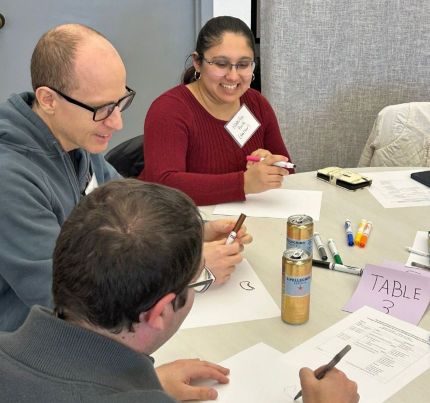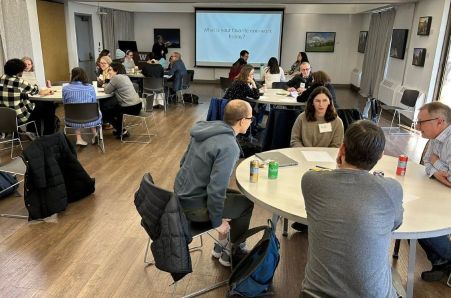TL1 Training Core
The TL1 Training Core brings together physician and PhD trainees across adult and pediatric kidney, urology, and hematology (KUH) research at UW and partner institutions. Trainees work with funded faculty mentors and receive structured support through tailored mentorship, goal setting, and ongoing evaluation.
- Recruit and support post-doctoral trainees and pre-doctoral trainees pursuing KUH research each year
Administrative Core
The Administrative Core is the center of the organizational structure & governance of the program.
- Overall oversight of all Program activities by the program Steering Committee
- Administer comprehensive evaluations
- Gather input from an External Advisory Board and Patient Advisory Board
Network Core
The Network Core fosters a collaborative KUH research community to enhance training and career development. By connecting trainees, mentors, and investigators across the University of Washington and the national U2C/TL1 network, the Core supports engagement through in-person events and virtual platforms, promoting scientific exchange and long-term collaboration.
- Peer and Near Peer Mentoring Program
- Summer Medical Student KUH Research Program
- Annual Retreats and Symposia
- Create an integrated network of research peer trainees throughout the UW and WWAMI region
- KUH science exposure for college and medical school students


Professional Development Core
The Professional Development Core supports KUH TL1 trainees in refining career goals, building essential skills, and preparing for success in diverse research paths. Through conferences, trainings, and meetings with program representatives, trainees gain leadership and professional tools to navigate today’s evolving scientific landscape.
- Career Development Conferences
- Mock Study Sessions
- Trainee Work in Progress Presentations
- Mentor Training Program




